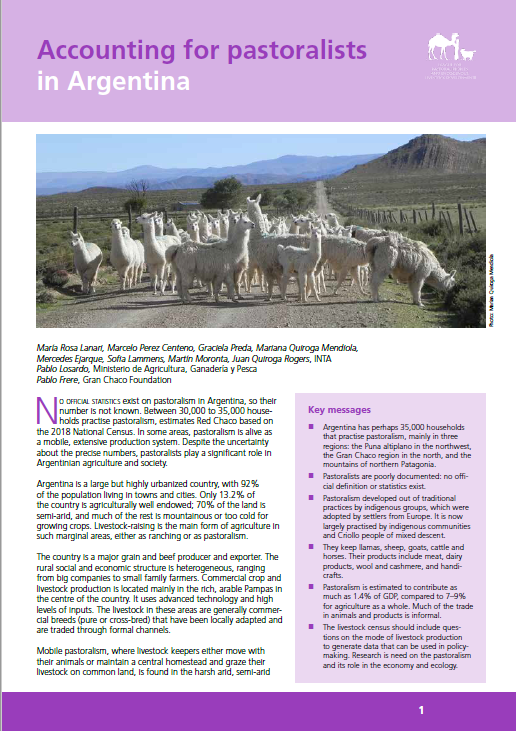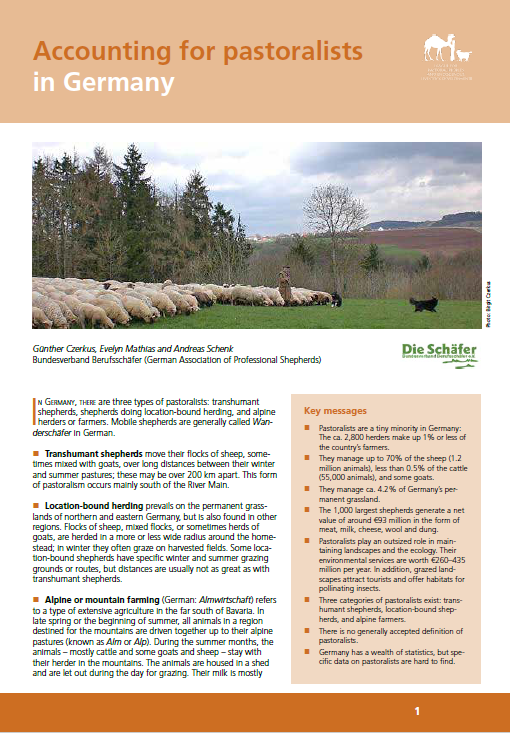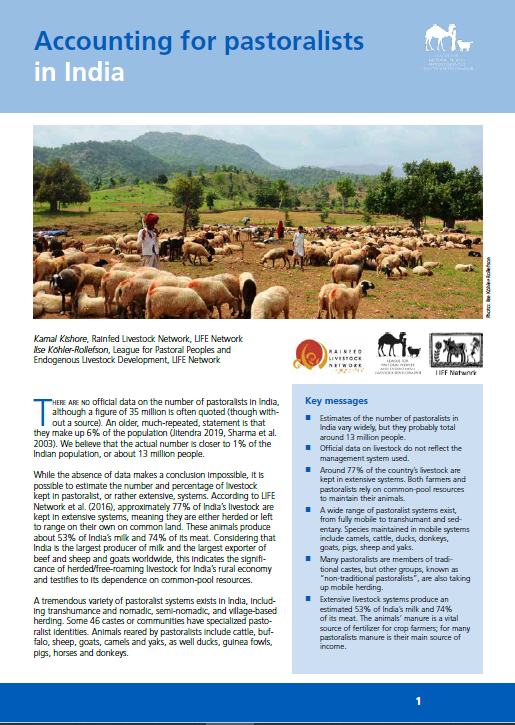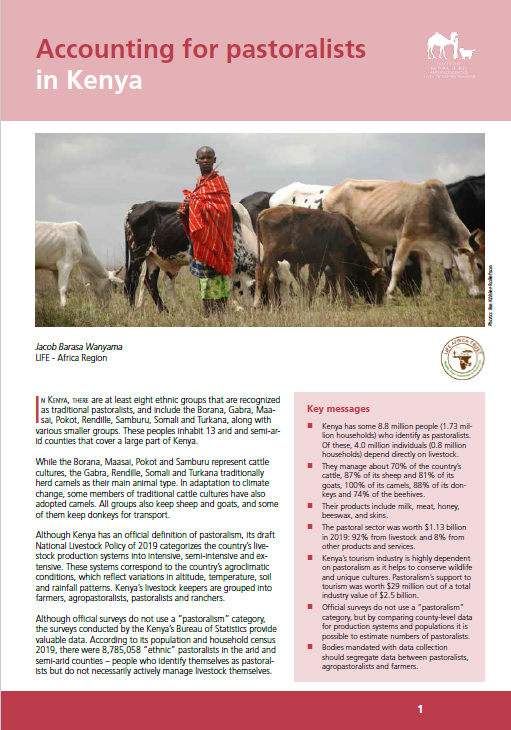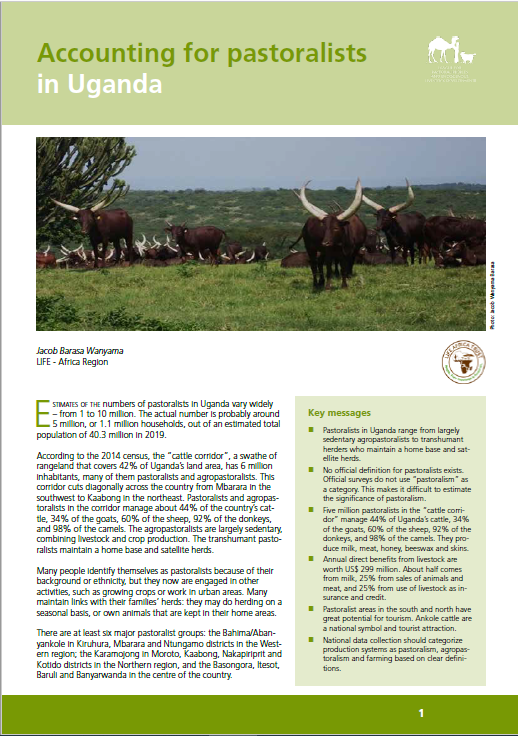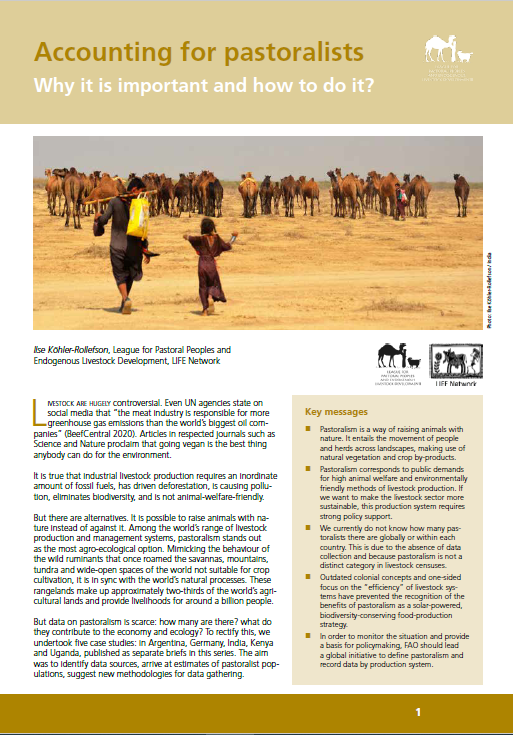Presentations ‘Accounting for Pastoralists’
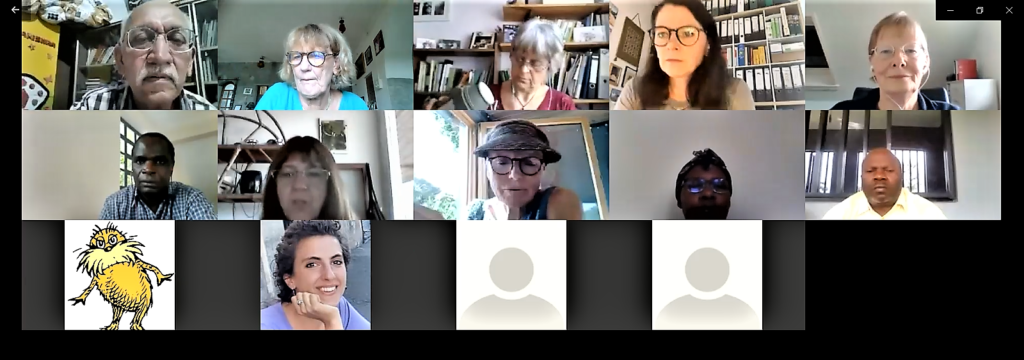
We would like to thank the 70 participants of our On-line Seminar presenting the results of our ‘Accounting for Pastoralists‘ studies! It was great that you were with us and we are extremely pleased about this interest in pastoralism. Lets hope the International Year on Rangelands and Pastoralism will further intensify this!
Here are the presentations:
- Introduction/Summary by Ilse Köhler-Rollefson
- Argentina study by Maria Rosa Lanari
- Germany study by Evelyn Mathias
- India study by Kamal Kishore
- Kenya/Uganda study by Jacob Wanyama
If you have any questions or suggestions, please contact us at info@pastoralpeoples.org
The Accounting Pastoralists team
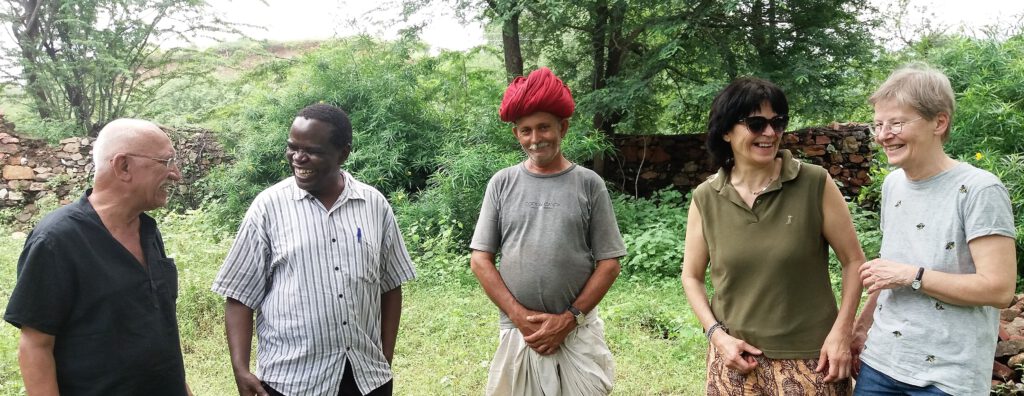
Here are the authors of LPP’s Accounting Pastoralists studies:
Jacob Barasa Wanyama (Kenya and Uganda) is a Kenyan national and a veterinary doctor, who also has a Masters degree in Environment and natural resource management. Dr. Wanyama is founder of Life-Africa Trust and has worked with ITDG, VETAID, Vétérinaires Sans Frontières – Belgium, and is currently the Eastern and Southern African Sub-Regional Coordinator of PROLINNOVA. He has a special interest in ethnoveterinary medicine, community based animal genetic resource management and pastoralism.
Paul Mundy (editor) is a British/German communication specialist who has worked for many years on agricultural and livestock development throughout the world.
Evelyn Mathias (Germany) is a German veterinarian and pioneer of the field of ethnoveterinary medicine. She has more than 30 years of experience in international livestock development, working in 26 countries and with NGOs, universities and international agencies such as FAO, GIZ and ILRI. She currently works for the German Association of Professional Shepherds.
Maria Rosa Lanari (Argentina) is a researcher in Animal Breeding in the National Institute for Agricultural Technology (INTA), Experimental Station Bariloche, Patagonia (Argentina), since 1993. Since 2018 she leads INTA’s National Program of Genetic Resources and Breeding (including plants, animals, forest and microorganisms). Maria Rosa’s professional focus has been on Argentina’s animal genetic resources, traditional management systems, and the breeding of small ruminants.
Ilse Köhler-Rollefson (summary) is a veterinarian by training, originally from Germany but predominantly based in India since 30 years. She is a co-founder of the League for Pastoral Peoples and, more recently, of India’s first micro camel dairy and a company called Camel Charisma that adds value to camel based raw materials. She consults widely with FAO, UNDP, GIZ and other organizations.
Kamal Kishore (India) is an animal scientist from Himachal Pradesh in India. He coordinates the Rainfed Livestock Network and has worked with the Foundation for Ecological Security over the last decade as an advisor on animal husbandry issues. Kamal has used his expertise in sheep breeding to diversify into value addition to local wool and is founder of Kullu Karishma, a local enterprise that provides jobs to hundreds of local women.
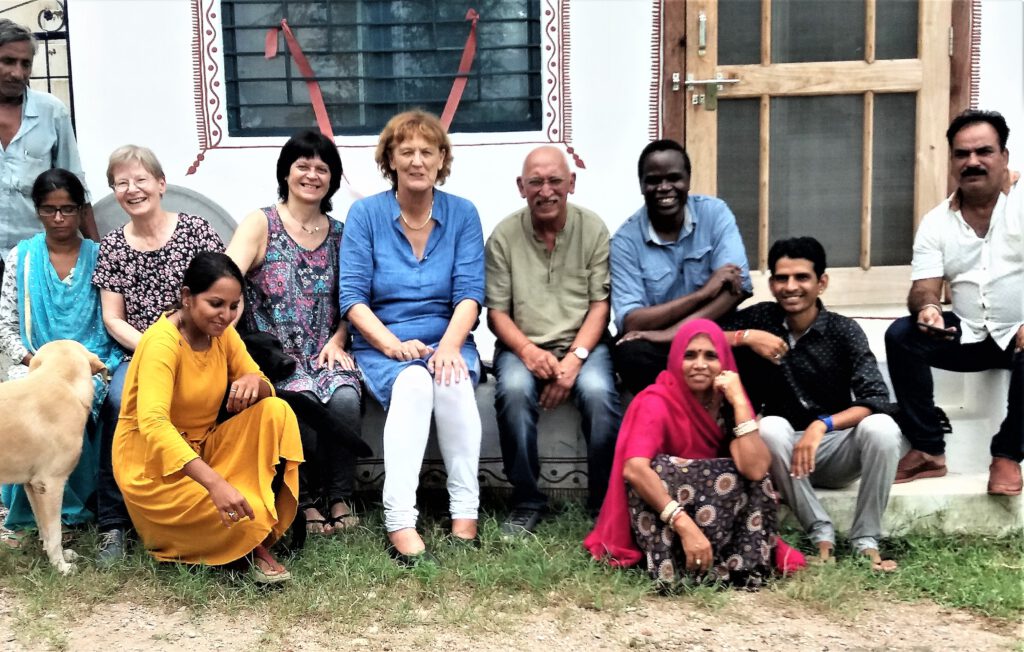
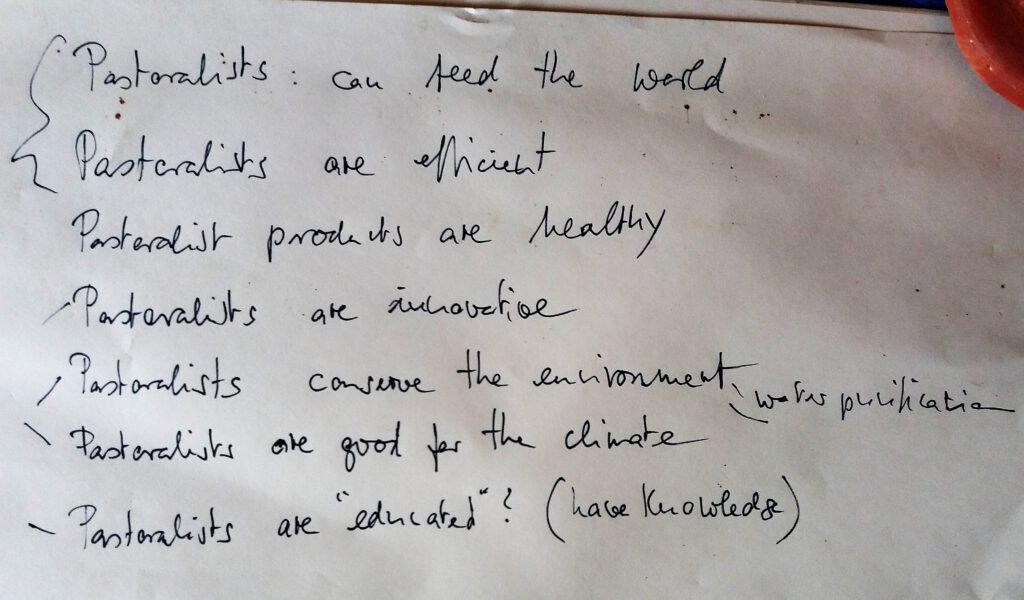
Workshop notes 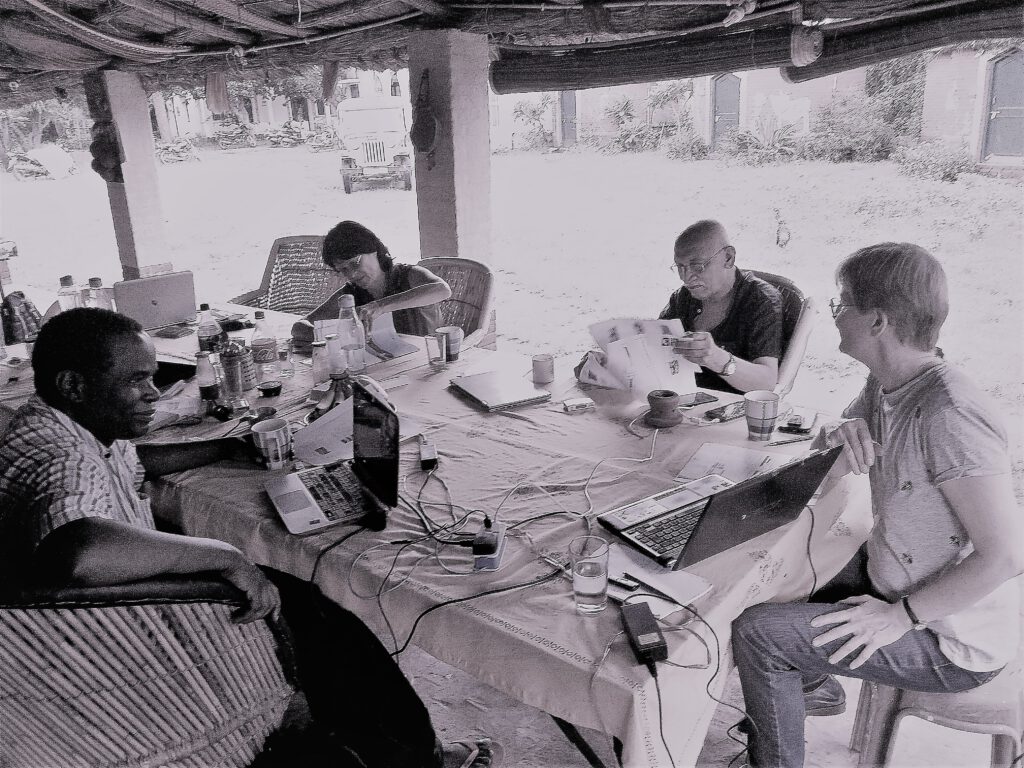
Hard at work on the LPPS campus
‘Accounting for pastoralists’ briefs now available for five countries
Pastoralists are important for food production, ecosystem services, biodiversity conservation, maintenance of landscapes. They practice a sustainable, low carbon, animal welfare friendly way of livestock production. If we want to put the livestock sector on a sustainable trajectory, we need to support these kinds of systems and reign in others that are less beneficial.
But nobody knows how many pastoralists there are and most figures provided are pure conjecture. Therefore, LPP commissioned five country studies to look at the available data sets for pastoralism. We made the somewhat surprising discovery that in no case the government actually uses pastoralism as a category for data collection.
Our briefs cover Argentina, Germany, India, Kenya and Uganda. And there is also a summary brief that analyses the results of all studies and makes the recommendation to the FAO to take the lead in initiating data collection on pastoralism and livestock production systems at country level.

